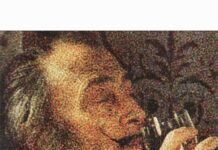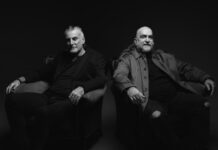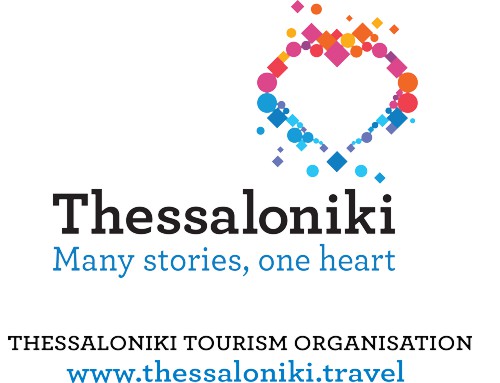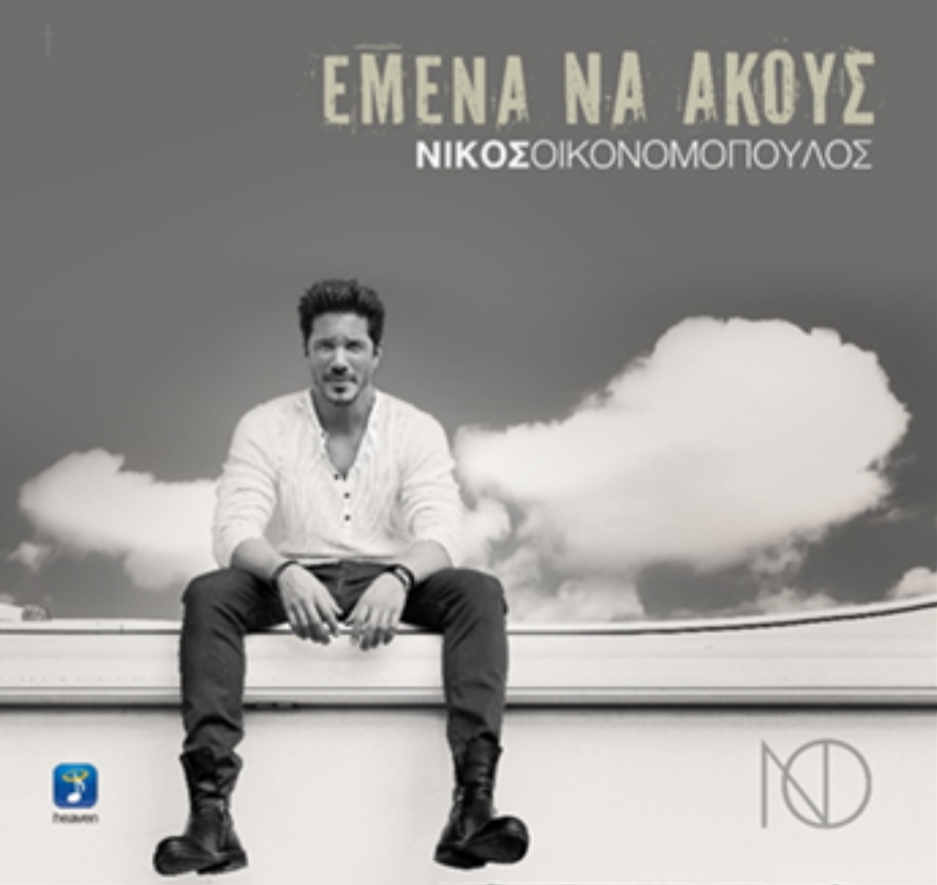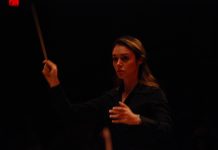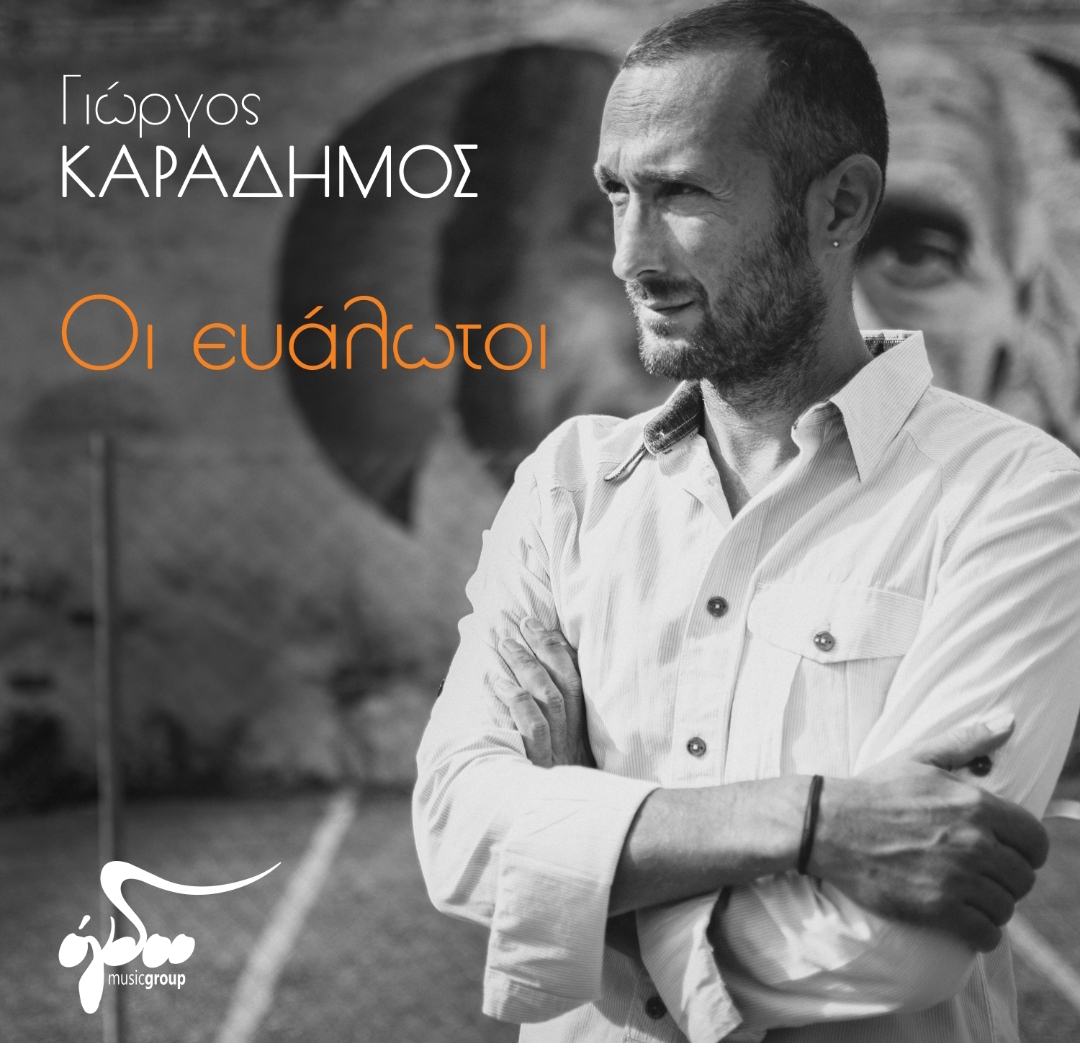Συνεντεύξεις με ξένους λογοτέχνες. Σας παρουσιάζουμε τον Levikov Maxim Igorevich (L.M.I)
Επιμέλεια συνέντευξης: Εύα Πετροπούλου Λιανού
Μετάφραση: Alexander Kabishev (Ρωσικά)
Levikov Maxim Igorevich (L.M.I): student of the State University of Aerospace Instrumentation (GUAP) poet and writer, deputy head of the Youth Writers’ Union member of the international creative association DEMOGOG, participant of many different international initiatives such as: HYPERPOEMA, One Hundred Languages of Poetry, collection of the Writers’ Union of Serbia (SKOR), Russian-Vietnamese collection Dawn… He is one of the founders of Choism and its representatives. He began his work within the walls of the oldest literary club in Russia, Daring, and now regularly performs with his work at various venues in St. Petersburg. (Russia, the city of Saint Petersburg)
Do you remember your first poems that you wrote, what inspired you? Which poets and writers have influenced you the most? Why?
For the sake of clarity of the narrative, I will begin to analyze the question from the end. I began my work not with lyrics, but with deep prose. It just so happened that I was inspired by such writers as John Ronald Reuel Tolkien, Henry Lyon Oldie, Andrzej Sapkowski, Andrzej Jasinski, J.K. Rowling, Drew Karpishon, Timothy Zahn and many other prose writers. I treated the lyrics well, but it seemed to me rather auxiliary, why express the emotion of one moment when you can create a whole endless world where the reader can fill in all the understatements himself, but it seemed to me great to my taste, and then I decided to write my own no less large-scale work replete with details, fantasies and life, but soon I discovered a problem I experienced every time I tried to continue what I was writing, go back to the beginning and fix everything that now seemed to me not ideal, and as a result, I advanced at best half a page of text in an evening, and there were days when, as a result of corrections, the test was reduced altogether. My friends knew what I was doing and offered me to go to a writer who came to school, I did not refuse. Then he told me about the literary club “Daring” and I wanted to get into it, they allowed me.
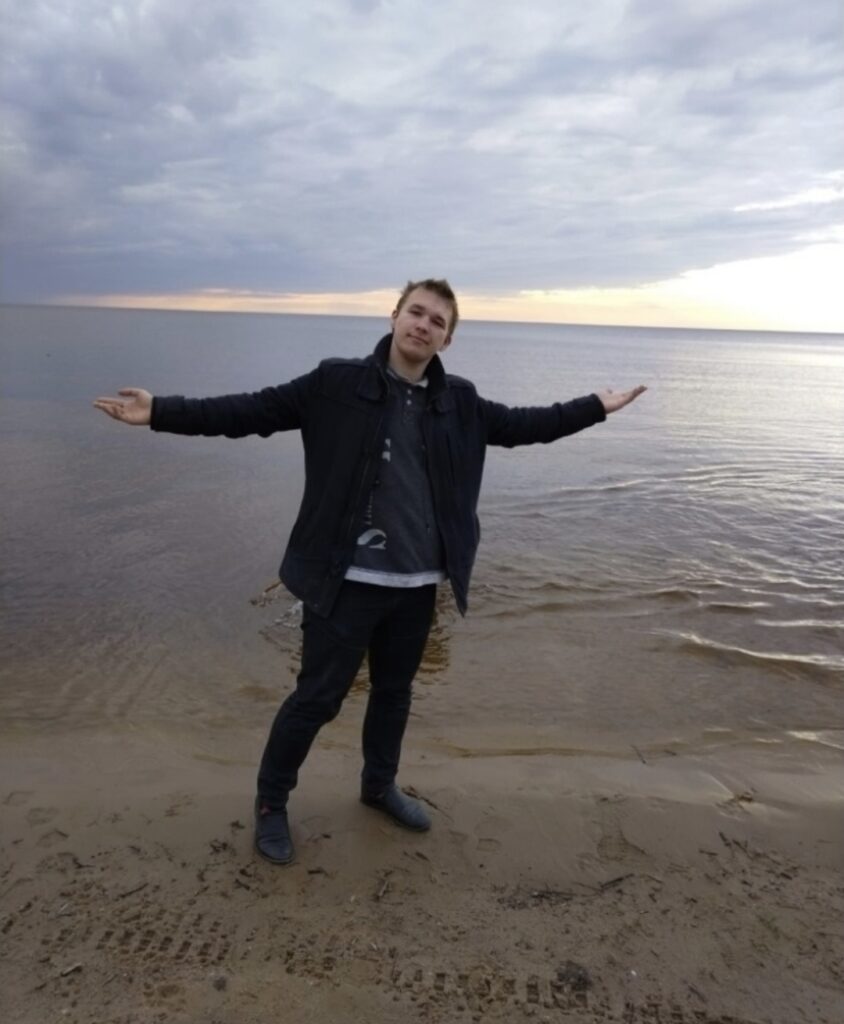
Then, after listening to some excerpts from my text, they clearly showed me how weak my work was, they tried not to hurt me, but I understood that it was smashed to smithereens in this variation, and what finished me off was how children of my age (and someone younger) write great short stories and compose great lyrics. I understood that I had lost to them, but I wanted to learn how to create at least close to their level. And I began to get into their work, and when I wrote my first not yet worked out, not finished poem, it was “The Virgin” still one of my favorite poems.
What kind of literature do you consider yourself to be and how do you see its future, for example in the 22nd century?
I attribute my work to the flow of early Choism, and I believe that soon, the next wave of literary and creative movements will come, Choism as the first or one of the first will become sufficiently well-known to divide it into early middle and late stages, and in general, the period will appear as another Century of literature. There was gold, silver, bronze. As you can see, every century believes that it will not overshadow the previous one and is called accordingly, but sooner or later such a vicious system will have to be stopped, and in many ways this is what I like the name Flint Age proposed for our century, it largely reflects the essence of the upcoming epoch of the key point, for the change of the vector, honoring previous generations (flint is not considered with such a noble metal as our ancestors, and even in some ways barbaric and savage), we declare the value of development in a rapidly changing world, because flint is one of the pillars on which progress began to move. I believe that in 20 or maybe 10 years, following the rise of Choism, other new literary movements will catch up, which will give a new breath to seemingly dying literature.

What do modern poets of Russia have in common and how do they differ?
Well, this is a rather broad question in its essence, perhaps I will answer it like this: In modern Russia, three types of poets can be distinguished: Classics – those who still think, with the sublime speeches of the past, they consider their work sublime, different from the sliding modern culture, they gather in small groups and enjoy the company of the same as they are looking for a way to go out, but often disappear into the dungeons of their own environment. Innovators are those who have come to a new topic rap has become popular and they have come, they want to be in the center of the crowd and it doesn’t matter how rude they have to become for this, but being in the center of the crowd, they remain lonely and in an attempt to relieve stress they leave life at an early age. Singles, unfortunately, there are more of them in Russia than all others – these are those who create for themselves, most often they are afraid to show their creativity to anyone, expecting ridicule and censure, and as a result it fades without flaring up. And although they are all different and each author has his own unique and large-scale world, I hope that the coming age of literature will help unite them all and direct them under the spotlight.
We know that you have received a new appointment as the First Vice-President of the Youth Writers’ Union! What kind of organization is this, and what role will you play?
In the first question, I told what role the Daring club played for me, and I would like it to become a bright beacon for the younger generation of creators in Russia and not only, but for the more experienced generation it was a quiet bay where you can always return and unwind on your long journey. Personally, I will try to promote all possible initiatives for the further development of our union.
How to combine learning and poetry, is it easy to continue learning, despite the creative nature?
In general, I can say that everyone has different ways. Someone does not want to study without poetry, and someone quite successfully combines training and work, so it depends more on the person, but even if it seems that everything is going as it should and the sea is knee-deep for you, you still need to remember to rest. Combining writing and organizational work helps me to have a good rest, for example, going to the theater, a trip to the bay, or just relaxing with friends.

Which collections have you participated in, and which one is the most dear to you?
I managed to take part in several international collections, you could read about them in my biography, but perhaps the most expensive for me is the collection of SKOR, they invited us themselves, translated, designed and even gave us copies of the collections, they also wrote a personal thank you to each of us on the flyleaf of the collection, and despite the fact that I don’t speak Serbian, I feel incredible warmth and comfort from these books, and now it takes pride of place on the shelf in my bedroom.






